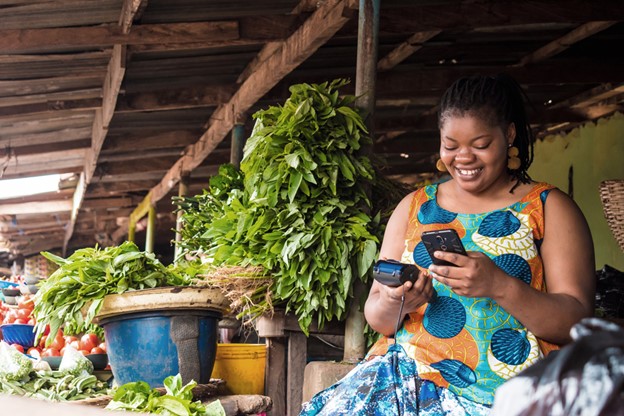By Joseph AKOSSEY
Financial inclusion means individuals and businesses have access to useful and affordable financial products and services that meet their needs. According to the World Bank Group, financial inclusion is a key enabler to reducing poverty and boosting prosperity.
In view of its importance, the World Bank Group launched Global Finder, a database which tracks financial inclusion efforts around the world, in 2011. In Ghana, financial inclusion has been identified as a key requirement for socio-economic development.
In light of this, certain policies and initiatives have been put in place by successive governments over the years. It should be noted that the rural banking concept was introduced in 1976 with a view to promoting financial inclusion in rural communities.
It is worthy to note that despite the efforts made by the government to promote financial inclusion, there are still many Ghanaians who do not have access to savings and credit facilities.
However, it is heartwarming to mention that rural and community banks are doing extremely well in driving financial inclusion to support the government to achieve the National Financial Inclusion Strategy, with the target of increasing financial inclusion from 58 percent to 85 percent by 2023. This article will, therefore, explore the various ways in which the RCBs are driving financial inclusion.
- Largest number of customers
According to data from the ARB Apex PLC, the rural banking sector has over 5 million active customers.
This means that the sector has made it possible for the vast majority of Ghanaians to have access to financial services. The sector is poised to continue to deepen financial inclusion to improve the lives of the low income, the marginalised and the underserved segments of society.
- Largest branch network
Currently, the rural banking sector has the largest branch network of over 850 spread across the 16 regions of Ghana. It is significant to note that the branch penetration of the RCBs has also made it fusible for millions of Ghanaians, especially the bottom of pyramid customers who were previously financial excluded, to have access to formal financial services such as savings account, credit facility, money transfer, among others.
One special and admirable feature of RCBs is the fact that they have branches and mobilisation centres in rural and remote areas where universal banks dare not to tread.
This has further improved financial inclusion among rural folks and the seemingly unreachable groups.
- Largest number of banks
Currently, there are 23 universal banks, 25 savings and loans companies, 15 finance house companies, 137 microfinance companies and 147 rural and community banks. This data shows that the rural banking sector has the largest number of players. The RCBs have leveraged their significant numbers to promote access to financial services to a large segment of the population.
- Low profile products
In order to drive financial inclusion among Ghanaians, RCBs have developed low profile products such as susu savings, susu loan, among others, which are predominantly targeted at low-income customers, the vulnerable, the poor, micro-businesses, among others.
It must be pointed out that the susu product is contributing significantly to bridging the gap between the banked and underbanked.
- Deposit mobilisation
The total deposit of RCBs as of June 2024 amounted to GH¢11.98billion. This is a testament to the fact that the sector is a strong pillar as far as financial inclusion agenda is concerned.
- Agency banking model
The ARB Apex Bank and the rural banking sector will soon roll out robust agency banking throughout the country. This project is being financed by the Ministry Of Finance and the World Bank. The World Bank has donated US$8million for this project. This initiative will further deepen financial inclusion in Ghana.
Conclusion
From the forgoing discussion, it can be concluded with absolute certainty that the rural banking sector has contributed significantly to the financial inclusion agenda.
















